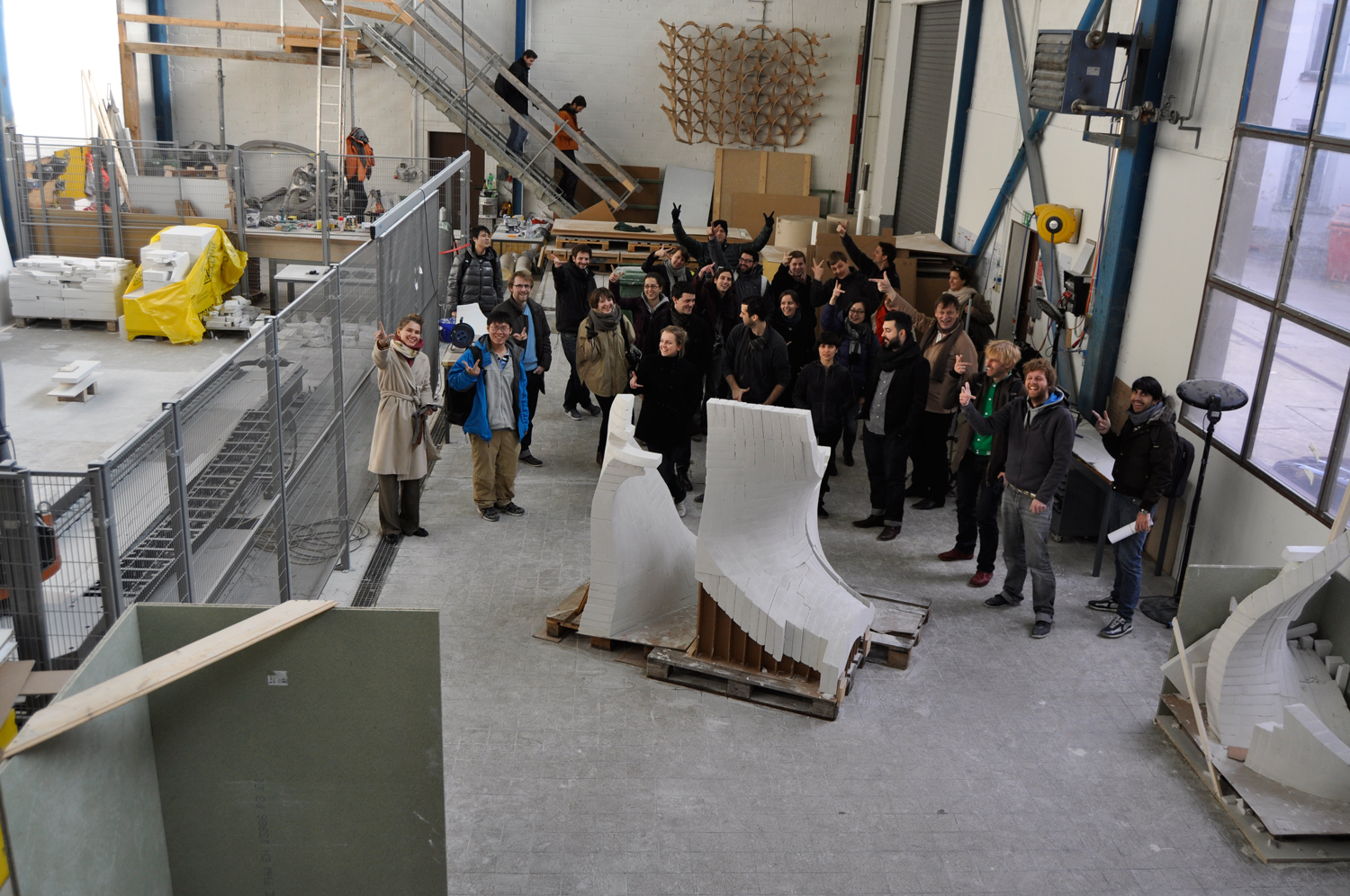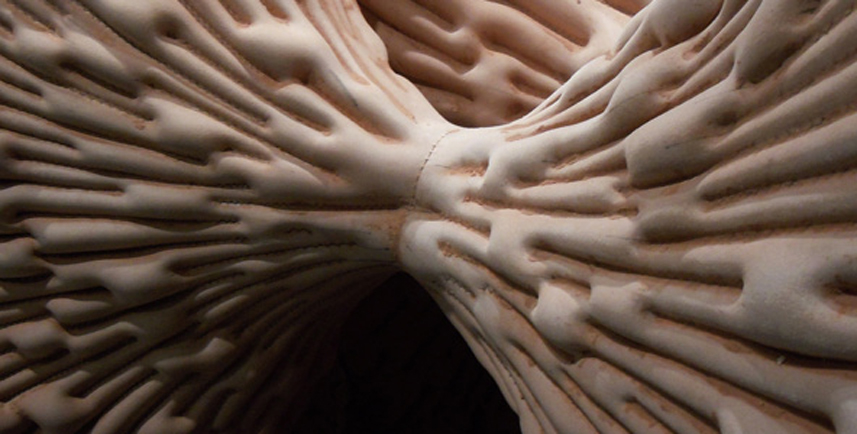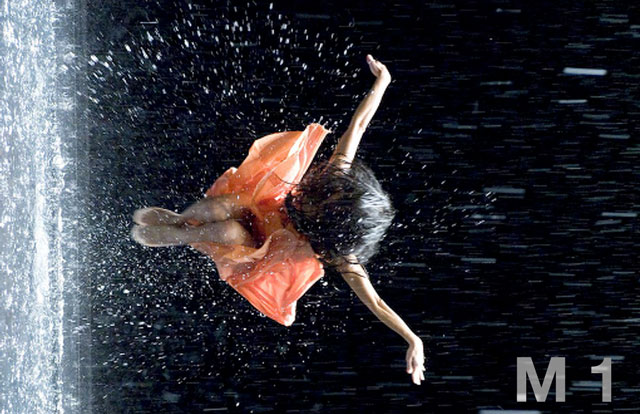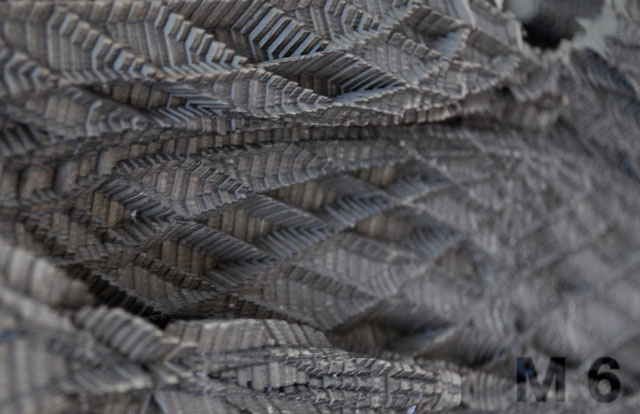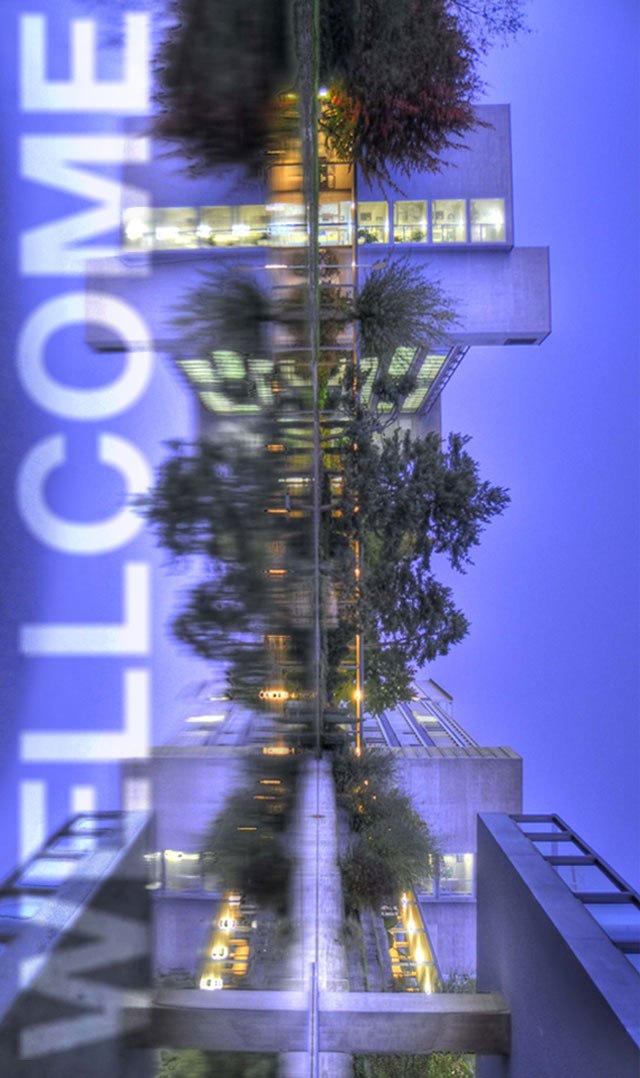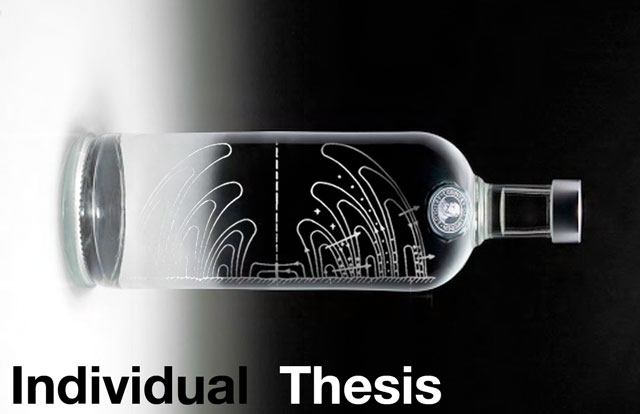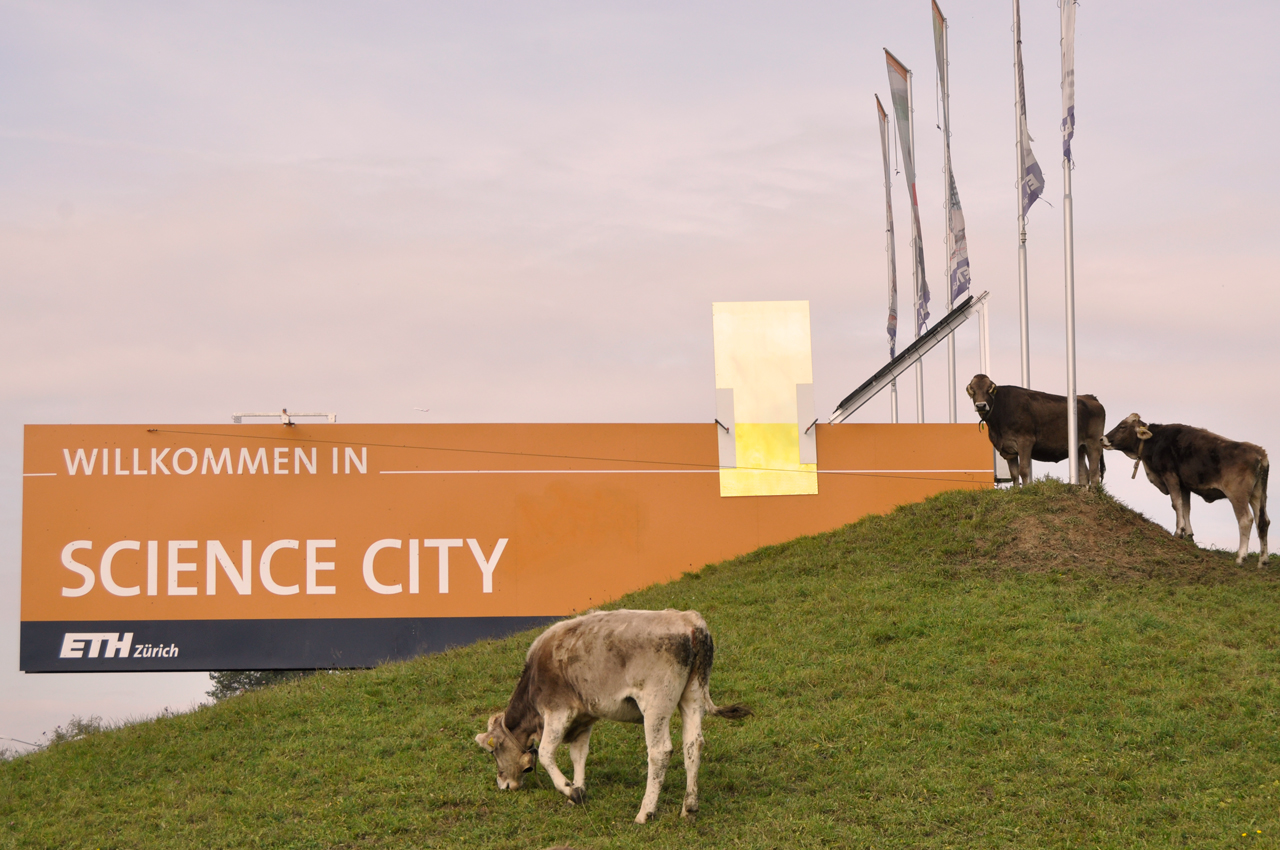
…to the science city
After another intense week in Schlieren,the last brick was finally cut yesterday and therefore the decision was made, that more time is needed for the proper completion of the final assembly. Considering the fabrication module as an “undisclosed case”, the MAS1112 team retreated back in hoengeberg and the warm premises of HPZ to go on with the programming module.
GOT TIME FOR A LECTURE?
-
Tags
AADRL agents any of all artefacts behavior based sytems Bioplastics CAD/CAM CNC fabrication coding computation cybernetic thinking design & production Dye-sensitized Solar Cells Electroactive Polymers Electroluminescence ETH fabrication grammar identity information kuka logic London M5 Design Beyond the Problematic MAS 2012 Comix Series minimaforms minimal surfaces moiree pattern Population presentation processing programming rapid prototyping reaction diffusion S Schlieren Science City scripting soundscape Taiwan Teahouse trip weaving patterns workshop ytong
WP Cumulus Flash tag cloud by Roy Tanck requires Flash Player 9 or better.
Modules & Lectures
- Guest lectures
- M0 Welcome!
- M1 Theory and Information
- M2 Algorithmic Design / Fiction / Advanced Geometry Modelling
- M3 Connected Artefacts / Innovation / Mass Customised Production
- M4 Architecture and Information
- M5 Design Beyond the Problematic / Population / Buidling Operation Models
- M6 Customised Materials / Articulation / Building Information Models
- M7 Information and I
- M8_Final Thesis
- Uncategorized
- Upcoming lectures
Links

